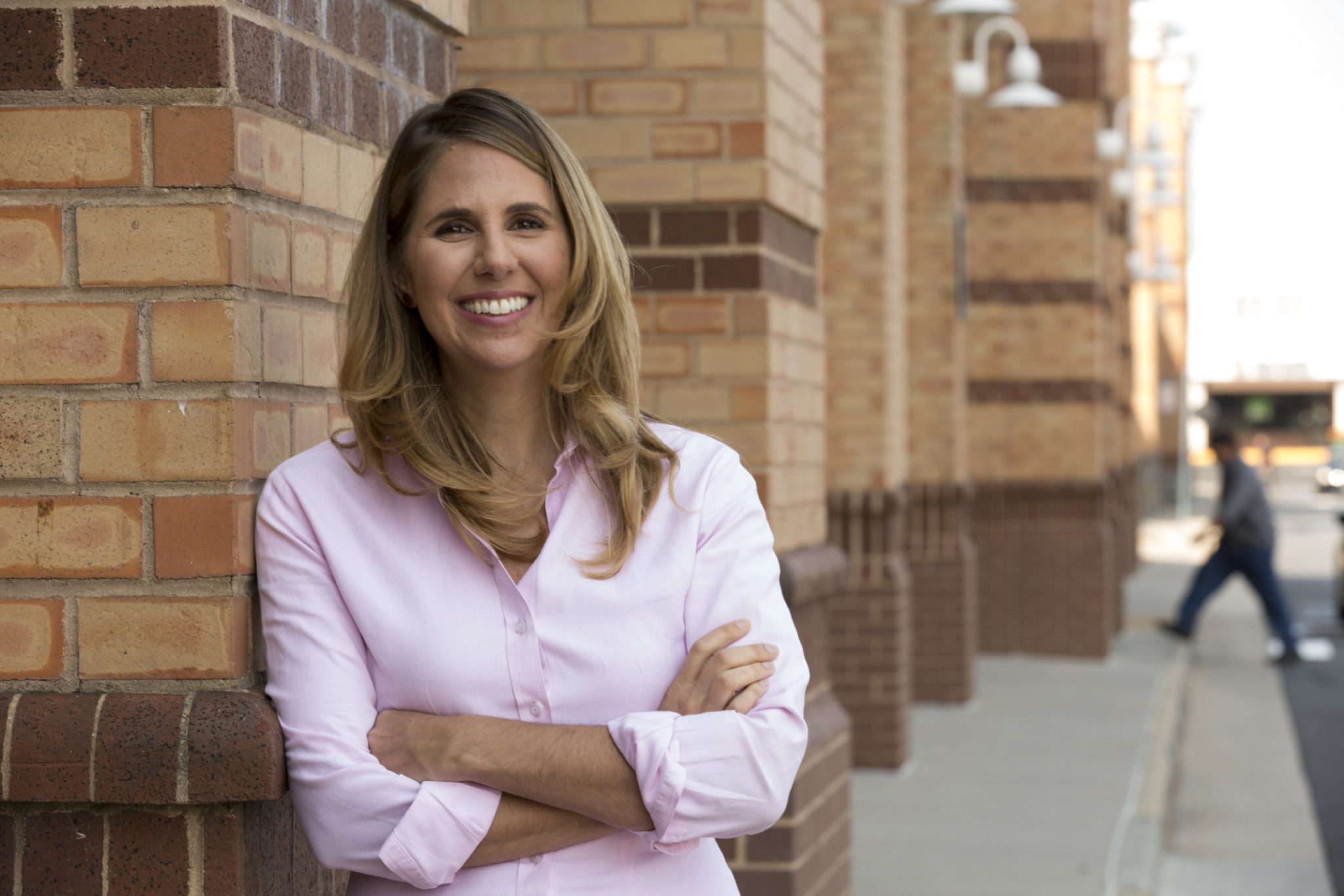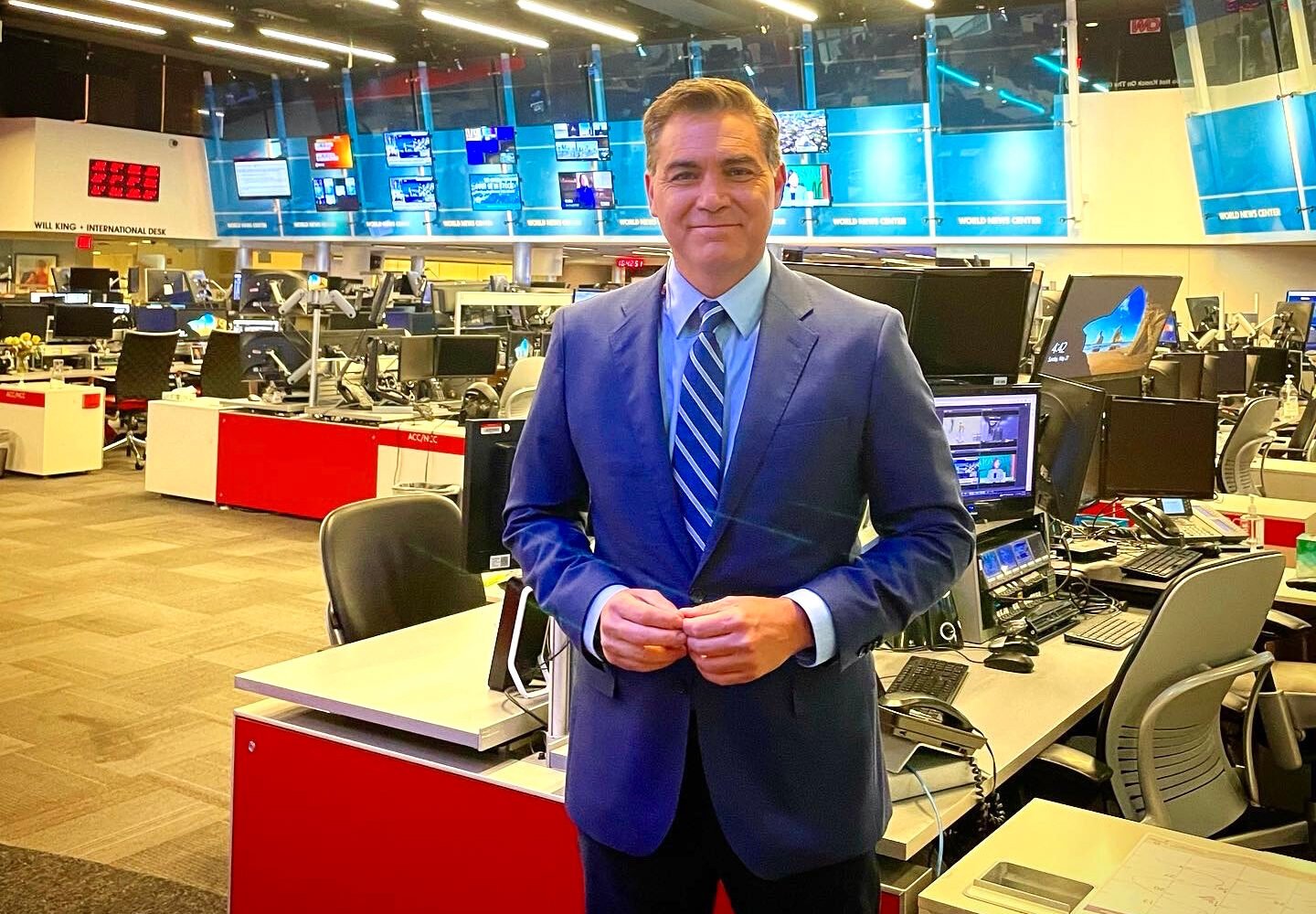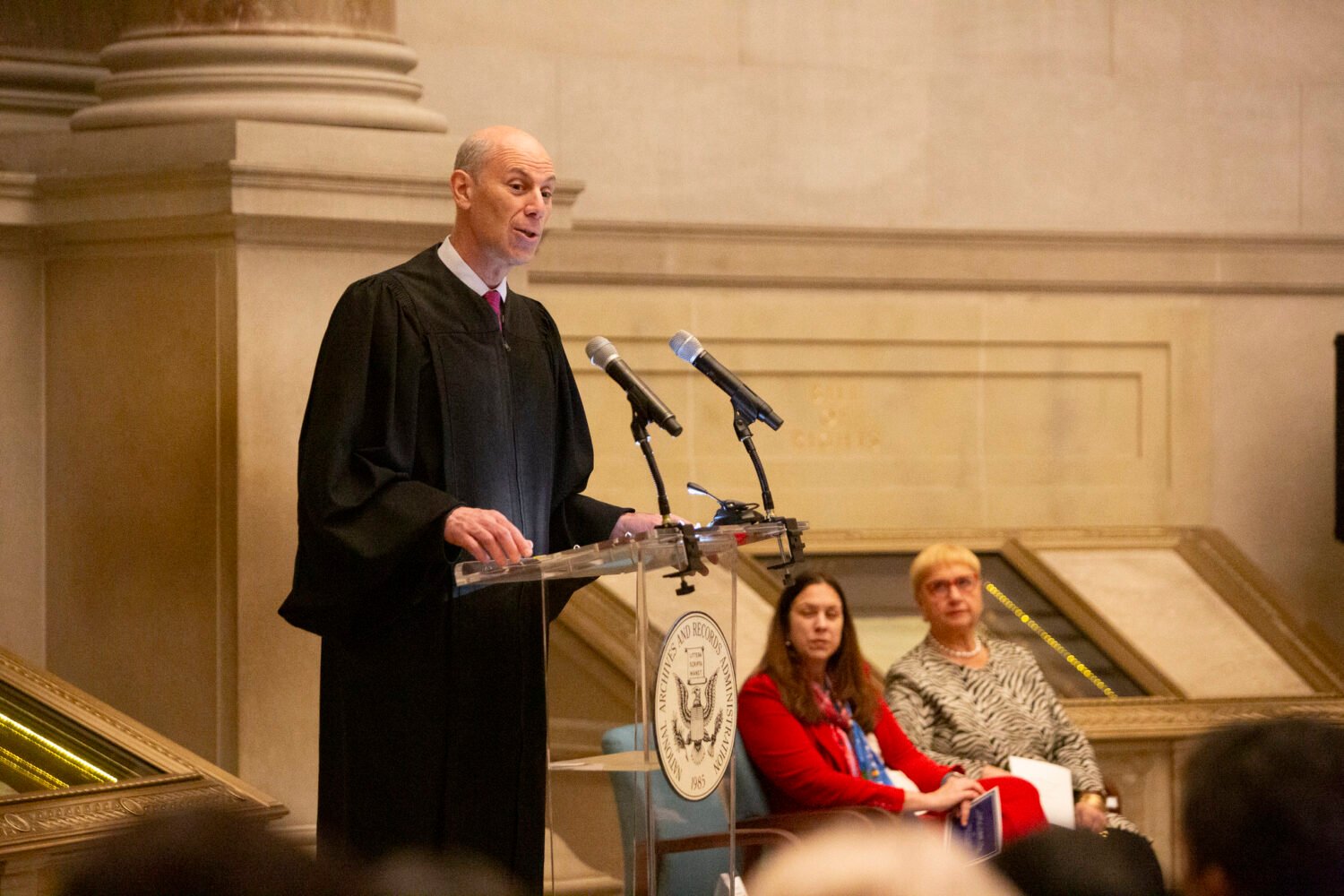Many states have enacted tough laws making it harder to get away with so-called SLAPP suits: nuisance litigation designed to bury its targets in paperwork and fees. Virginia, however, is considered friendlier to those kinds of filings, and some experts and advocates say that has become a problem, with plaintiffs from elsewhere taking advantage of the looser laws. “Virginia is a hotbed for SLAPP tourism,” says Alison Friedman, who runs the International Corporate Accountability Roundtable, a network of nonprofit groups—including Greenpeace, the ACLU, and Human Rights Watch—that has launched a nationwide effort to combat SLAPP suits.
A Takoma Park native who held senior roles in President Obama’s State Department, Friedman ran unsuccessfully for a Northern Virginia congressional seat in 2018. But in the wake of last November’s election, which handed Democrats control of Virginia’s legislature for the first time in a generation, she saw a chance to close the state’s SLAPP loophole. For help, Friedman reached out to Schuyler VanValkenburg, a 37-year-old high-school civics teacher and Virginia delegate representing Henrico County, where Congressman Devin Nunes is suing Twitter and the owners of two parody accounts (despite Virginia’s apparent lack of connection to either the plaintiff or the defendants). “One of our local judges is in charge of this case,” VanValkenburg says, “and that’s absurd.”
With Friedman’s assistance, VanValkenburg has introduced a bill in Virginia’s legislature giving defendants an avenue to stop cases deemed meritless before they reach the discovery phase, when legal costs really begin to mount. It also allows them to recover attorneys’ fees when it’s all over if the suit ends up getting tossed out for certain reasons. Though the agenda in Richmond will be packed this year, VanValkenburg says that because of the publicity generated by out-of-state cases being brought to Virginia—another high-profile one involves Johnny Depp—his bill has a good chance of being enacted. “It’s critically important,” says Friedman. “Our democracy is only as strong as people’s ability to speak up and be heard when there are threats to the public interest. SLAPP lawsuits go to the heart of that.”
This article appears in the February 2020 issue of Washingtonian.


















